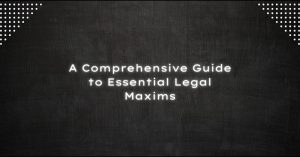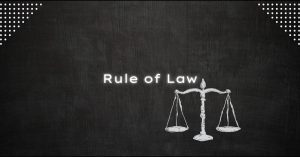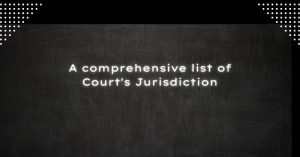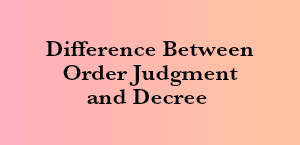Menu
Caveat emptor is a Latin term that translates to “let the buyer beware.” It encapsulates the principle that buyers should exercise caution and diligence before making a purchase. This doctrine places the responsibility on the buyer to inspect, evaluate, and verify the condition and quality of the product or property before finalizing the transaction.
Origin and Meaning: The full phrase is “quid ignorare non debuit quod jus alienum emit,” emphasizing that buyers should not be ignorant of the nature of the property they are purchasing from another party.
Risk Assumed by Buyer: When applying caveat emptor, buyers accept the risk that the product may not meet their expectations or may have undisclosed defects. In such cases, the seller is typically not held liable unless there was deliberate fraud involved.
Legal Implications: This principle underscores the importance of due diligence on the part of the buyer. It encourages thorough inspections, inquiries, and understanding of the terms of sale before committing to a purchase.
Product Integrity: Whether buying goods or real estate, caveat emptor advises buyers to verify the condition, quality, and terms of sale independently.
Seller’s Responsibility: While caveat emptor places the burden of inspection on the buyer, sellers must not engage in fraudulent practices or misrepresentation of the product’s condition.
Limitations: Caveat emptor does not protect sellers who knowingly mislead or deceive buyers about the product. Legal systems often provide remedies for buyers who are victims of fraud or deliberate misrepresentation.
Consumer Rights: In modern commerce, consumer protection laws supplement caveat emptor, ensuring that buyers have recourse in cases of fraud, breach of contract, or misrepresented products.
Caveat emptor remains a fundamental principle in transactions, reminding buyers of their responsibility to conduct thorough assessments before purchasing. It highlights the importance of informed decision-making and serves as a cautionary approach in commercial dealings.
By understanding caveat emptor, buyers and sellers can navigate transactions with clarity and confidence, fostering fair and transparent exchanges in the marketplace.









